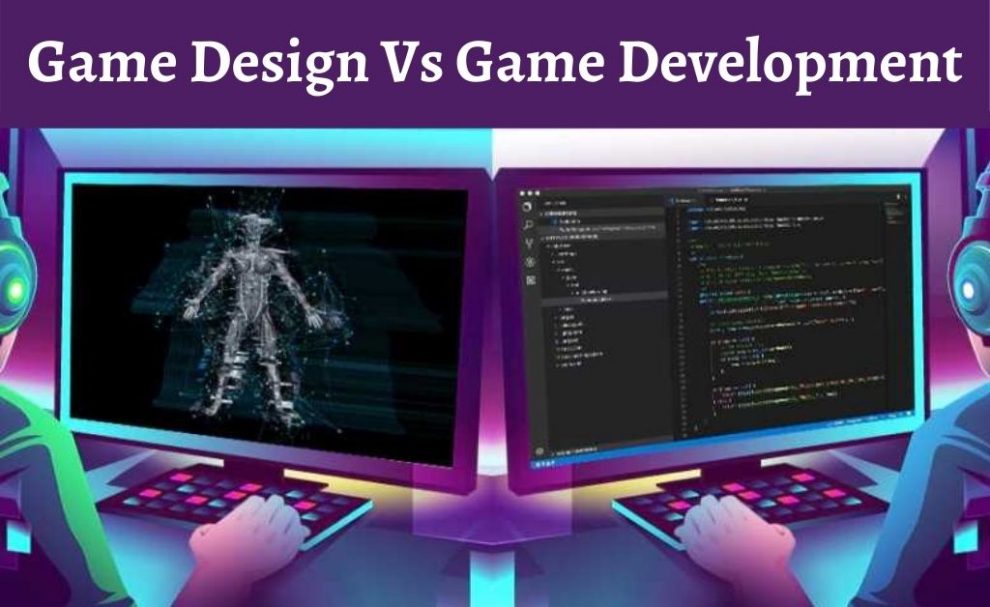Game design is an art form, and we often grow professionally when we challenge ourselves. Some are fortunate enough to design professionally. Others design games as part of their education or for their own pleasure (and hope of recognition). To get more information about game design vs game development you should read the article.
Game development
It is the method of improving a game for a particular principle. It may be a game for PC, for consoles, for mobile, for VR headsets, for smartwatches, etc. Within console and PC gamers there is an excellent holiday, related in the field to Windows vs. Linux or Mac vs. PC (if you are required in making the subject more difficult, you may google pc vs. console and pc leader class).
Game development is the domain of universal experts: those who work in game development, as a rule, understand what their colleagues are doing. Ideally, they have two professions, like NASA astronauts. “As a game programmer, I occasionally do small tasks related to graphics, editing in Photoshop, etc. As our boss used to say: “Each programmer eventually masters Photoshop, and a tester learns programming,” says Mark Zemma, a game developer at the Kharkov-based Pipe Studio Company.
To build it, you demand at most limited 3 personalities ( connects certain facilities): an expert, a programmer, and a game designer. However, if you search more difficult within the issue, also experts are included in the manner of producing plus promoting games:
- game design programmers,
- programmers of game pieces and forms,
- device programmers,
- modelers,
- animators,
- artists,
- authors of idea art,
- sense inventors,
- UI / UX designers,
- facial animators,
- sound designers,
- screenwriters,
- mockup actors,
- voice participants,
- checkers,
- design managers,
- generators.
The method of forming a game may vary greatly in resources, team, time, and outcome. The code, music, script, design, and 1000 lines of dialogue for the Unepic game were created by one person, who spent two years of free time on it. Released in 2013, Grand Theft Auto V has over 1,000 employees over four years, and cost $ 265 million to create and market. For comparison, the budget for The Jungle Book, which won this year’s Oscar for Best Visual Effects, equals $ 175 million.
What is game design
To understand the difference between game design and game development, – you should know that game design is the process of creating game content and rules also with animation video production. Good game design is the process of creating goals that the player will want to achieve and the rules that the player will follow in making meaningful decisions towards achieving those goals.
Don’t forget about the player
A good game design focuses on the player. This means that above all else, the player and his desires are taken into account. Rather than directing the player’s actions through rules, good game design motivates the player to move in a designer-specific direction. Challenging the players to get to the opposite edge of the playing field or level up is only part of the task. If they don’t have a reason or desire for this action, the game will become torture.
In the manner of designing a game, designers try to see the project through the eyes of the member:
- What is this game?
- How do I play?
- How do I win?
- Why do I want to play?
- What do I need to do in the game?
What is not a game design
The term game design is often misused. Someone who aspires to study game design, as a result, learns game art. Others are pure programming. While it and art are both important areas of business including doubly important for digital games, game design is a self-contained art form that dates back to long before computers, polygons, and even the discovery of electricity.
These are the very basic principles of game design that we are examining in this book – the very essence of design. Unsurprisingly, many of today’s greatest game designers started with non-digital games, and some still use paper prototyping for modern projects today.


















